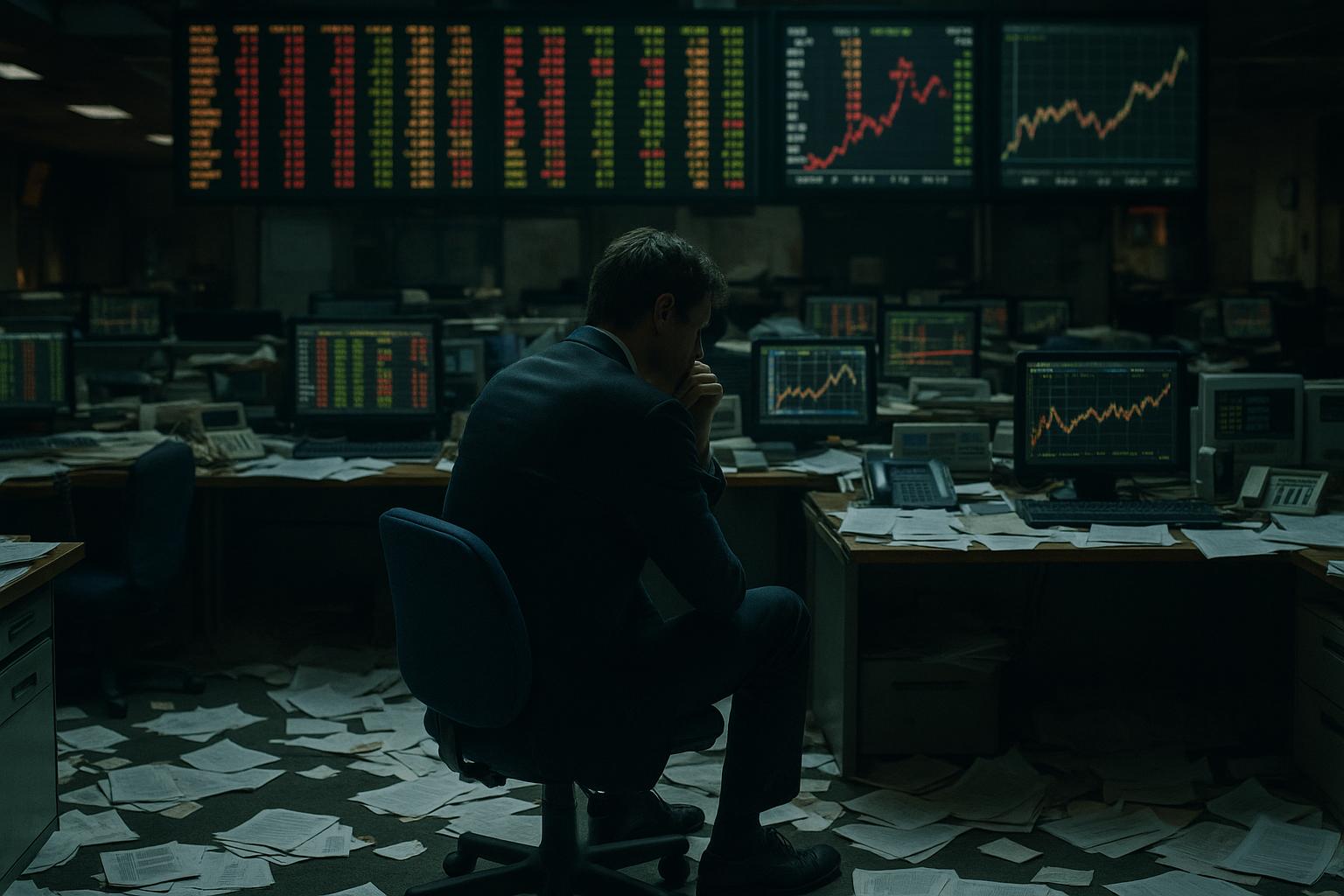KEI Industries Limited has captured notable attention in the investment community, reflected by its shareholder composition and recent financial indicators. The company’s shareholding pattern reveals a strong presence of institutional investors, who own roughly between 38% to 50% of the company’s equity, making them the largest collective group. This substantial institutional ownership signals confidence among professional investors, suggesting a broadly positive outlook on KEI’s prospects. However, it is important to note that institutional trades can lead to market volatility, especially if significant sell-offs occur simultaneously.
Significantly, KEI’s CEO, Anil Gupta, holds a considerable personal stake in the business, around 11.4% to 16%, positioning him as the largest individual shareholder. This level of insider ownership, which collectively amounts to a meaningful ₹71 billion stake within a company valued at around ₹394 billion, indicates that the leadership has a strong vested interest in the company’s success, fostering alignment with shareholder interests. Nonetheless, such concentrated insider ownership can concentrate decision-making power as well. In total, the top 11 to 25 shareholders control slightly over half to nearly two-thirds of KEI Industries, underlining a moderately concentrated ownership structure without a single majority shareholder.
The general public and individual investors maintain a visible presence, with ownership ranging from approximately 18% to 25%, giving retail investors some influence on the company’s governance. Private companies, holding close to 18%, also form a notable ownership segment, although the nature of these holdings—whether connected parties or independent entities—warrants additional scrutiny.
Financial performance complements the shareholder data. Reports from the recent fiscal quarters reveal that KEI Industries posted a return on equity (ROE) of around 17.25%, reflecting effective capital use and solid operational efficiency. Additionally, the company maintains a low debt-to-equity ratio near 0.05, underscoring a conservative financial structure with limited leverage. Such metrics highlight KEI’s robust fundamentals in the capital goods sector.
Alongside these fundamentals, ownership dynamics are shifting subtly. While promoters’ shareholding has slightly decreased to just over 37%, foreign institutional investors have increased their stake to about 31%, indicating growing overseas interest. Domestic institutional holdings have seen a modest decline but remain significant. Mutual funds and foreign investors together contribute a major part of institutional ownership, suggesting diverse institutional confidence.
Investor interest is further supported by vibrant analyst coverage, which provides forecasts and valuation insights crucial for potential investors assessing KEI’s growth trajectory and risks. However, all these observations come with the usual caveats regarding market and sector conditions, and investors should consider both ownership structures and financial health in tandem when evaluating KEI Industries as part of their portfolio.
📌 Reference Map:
- Paragraph 1 – [1], [2], [4], [6]
- Paragraph 2 – [1], [2], [4], [6]
- Paragraph 3 – [3]
- Paragraph 4 – [5], [4], [7]
- Paragraph 5 – [1], [2]
Source: Noah Wire Services
